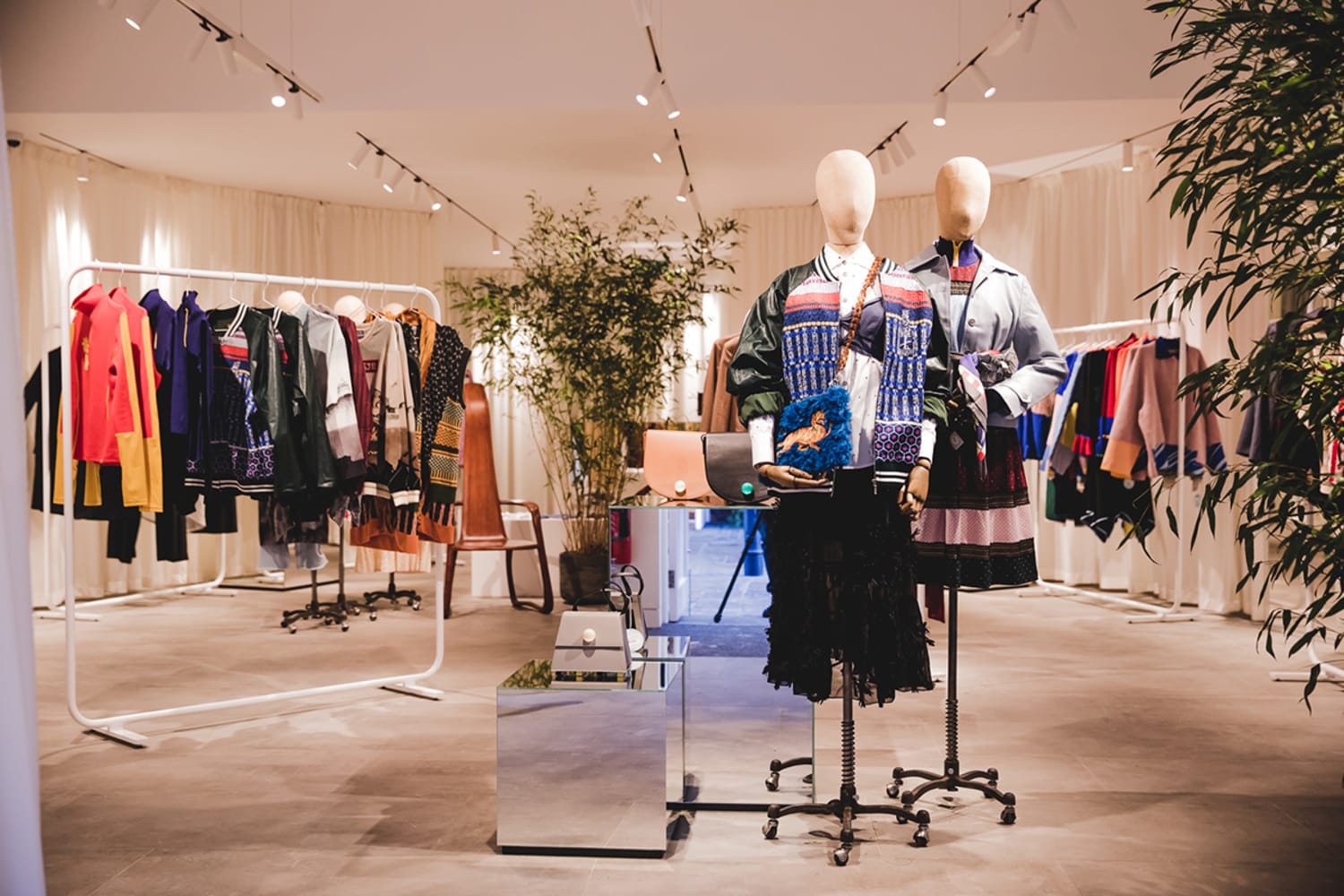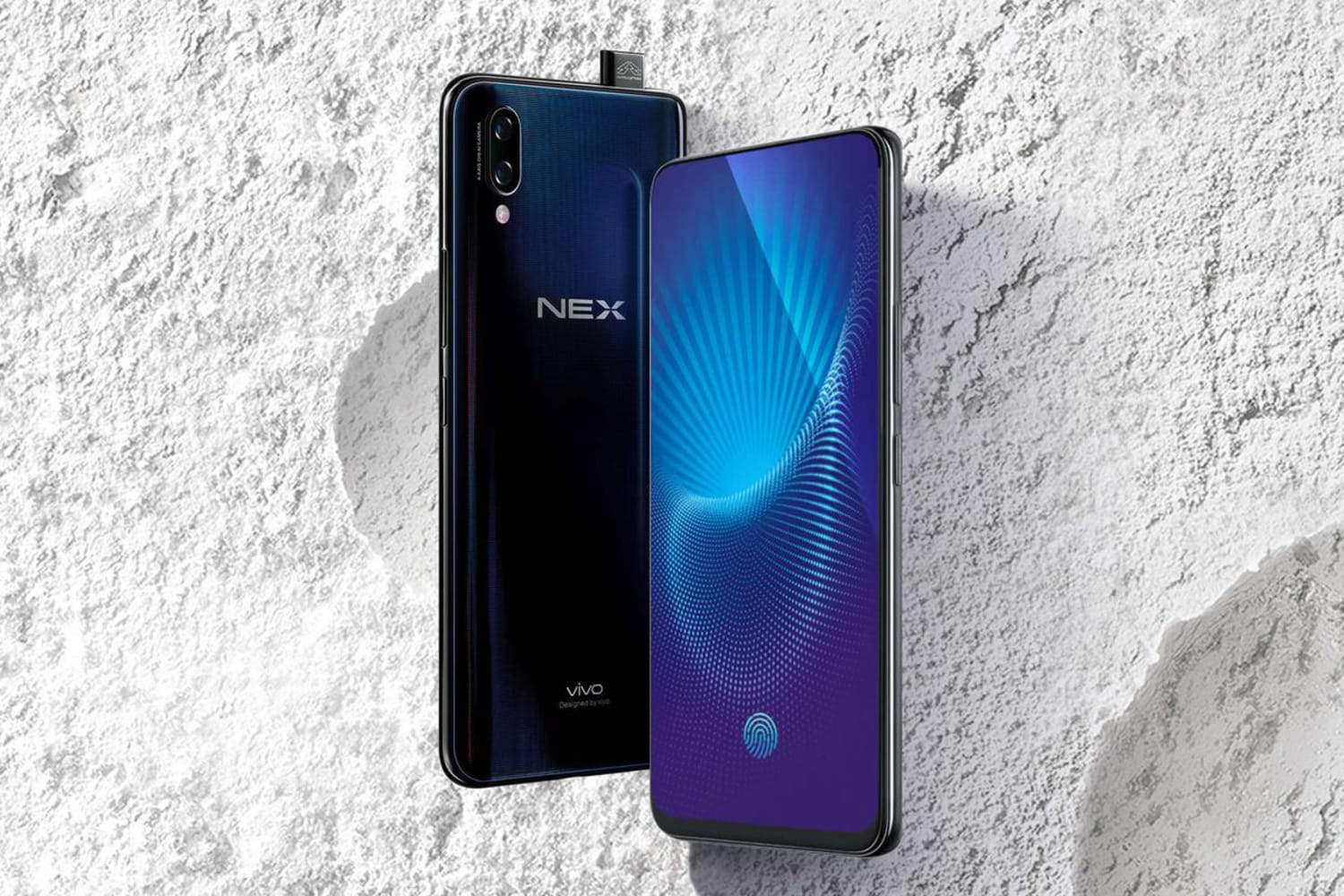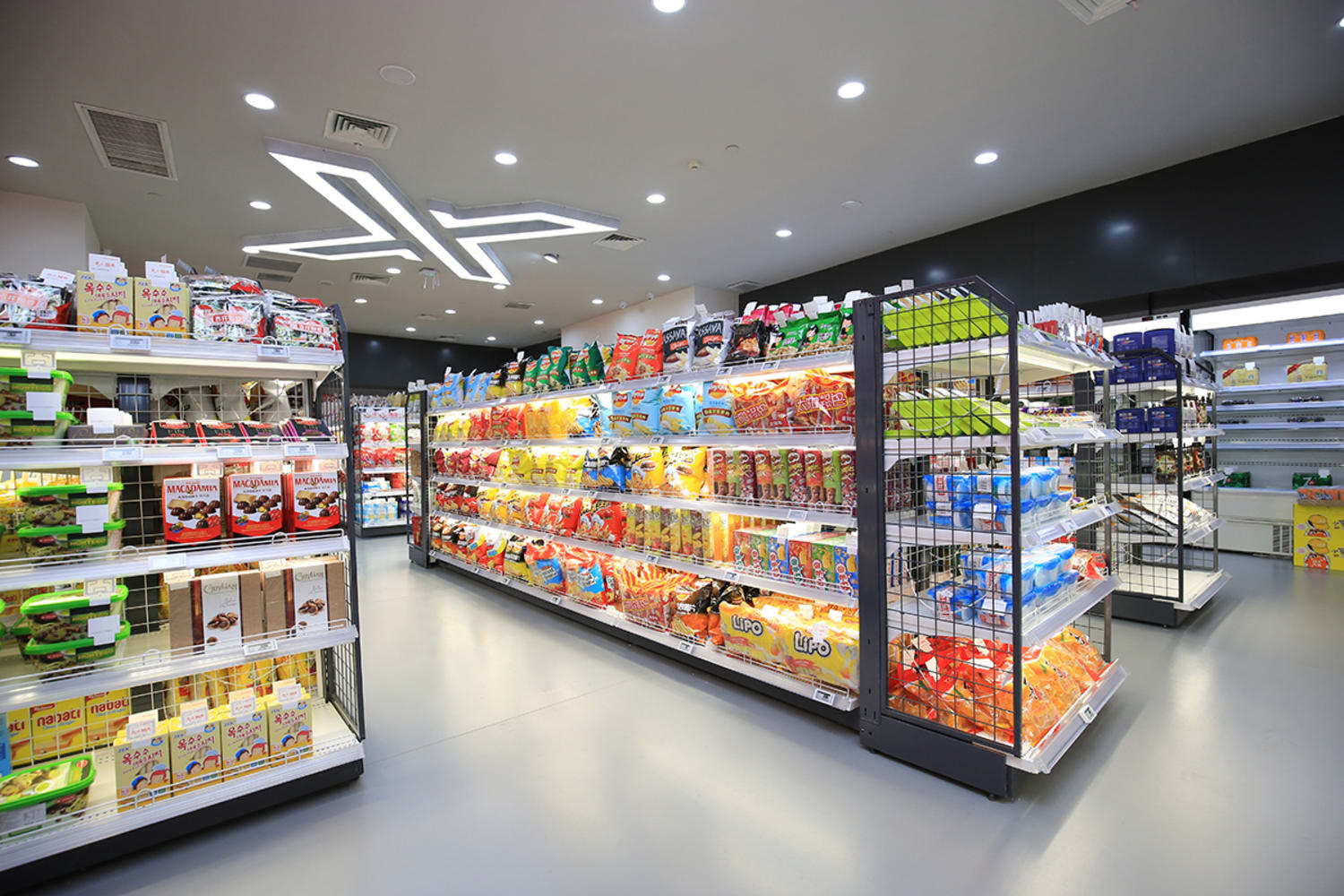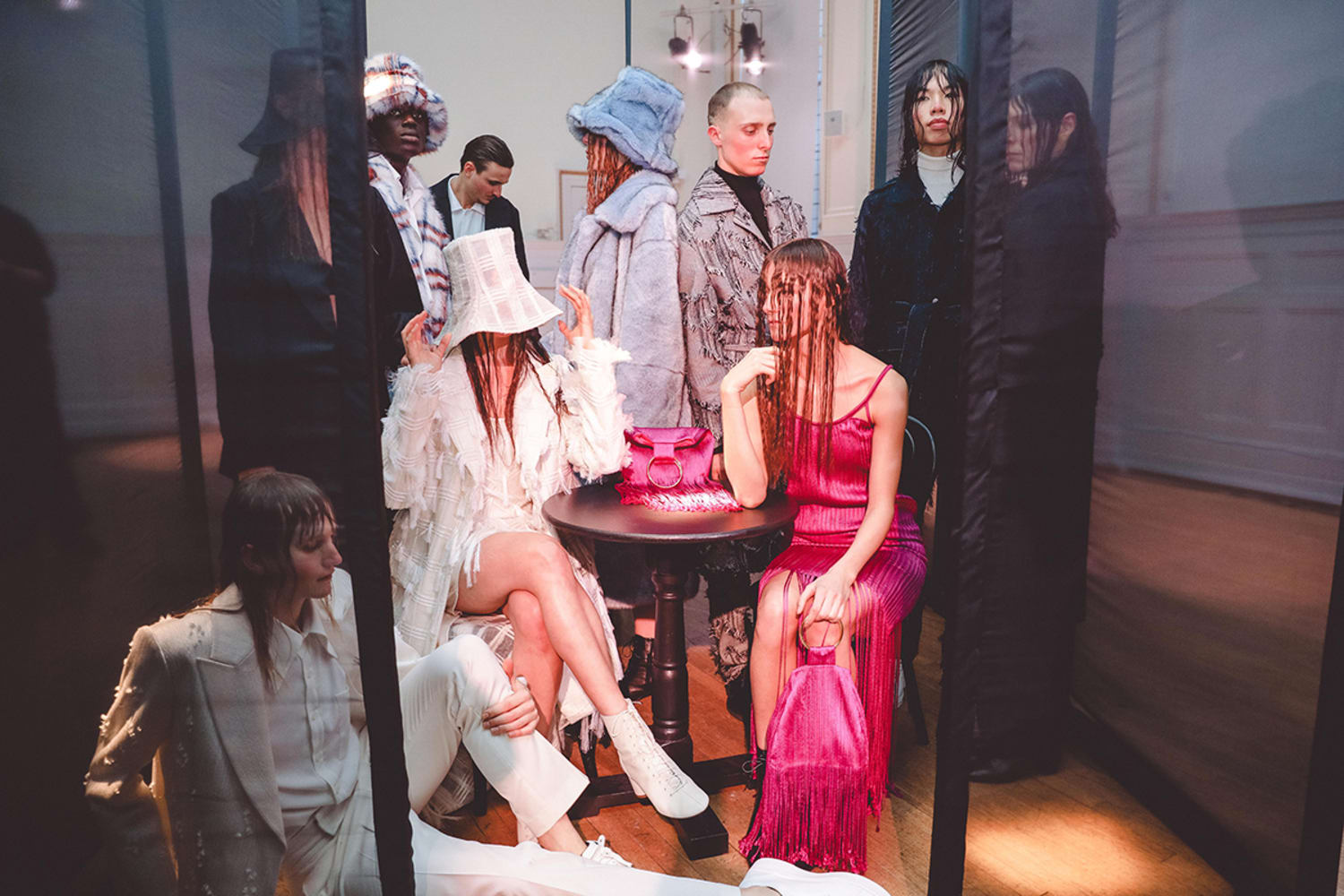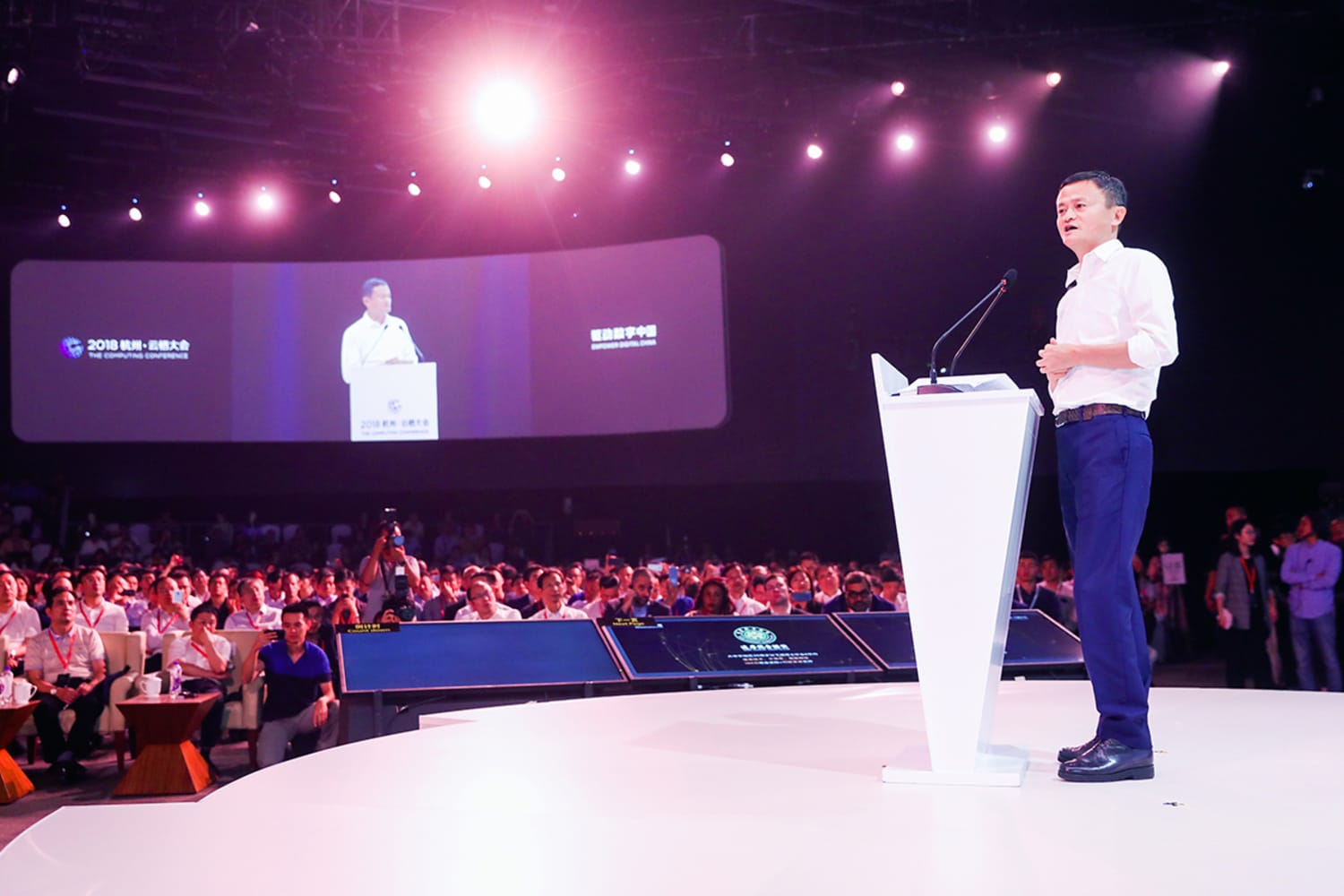Dozens of Chinese brands, having honed their chops at home, are starting to garner fans abroad for their technology, innovation, quality (often at lower prices) and in a few breakout cases—dare we say it—their cool factor.
The latest report from The Innovation Group, Cool China: From Superpower to Global Superbrand, examines global consumers’ shifting perceptions, from derision to desire, of Chinese brands—as these brands expand rapidly abroad, even while growth slows back home.

